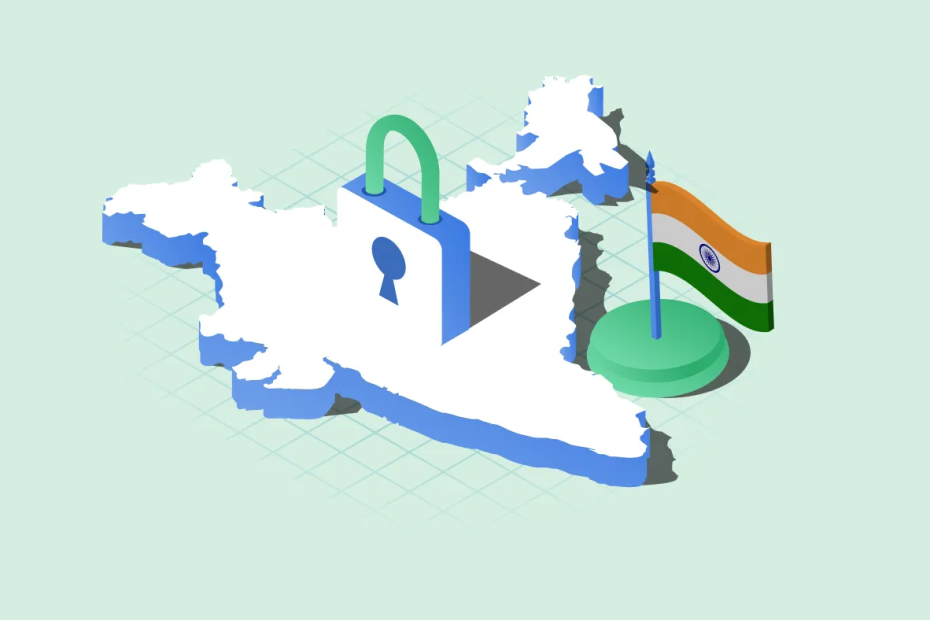— And Why Your Business Needs a Cybersecurity Partner Now
India’s data economy is booming — but so are data breaches. In 2024 alone, over 69 million records were exposed online, making India the third most affected country globally. Against this backdrop, the Digital Personal Data Protection (DPDP) Act, 2023, has emerged as a transformative force in shaping the future of digital privacy. This blog breaks down what the Act means, its latest enforcement updates, and why cybersecurity consulting is no longer a luxury but a lifeline for businesses.
Understanding the DPDP Act
The DPDP Act governs how digital personal data is collected, stored, and used in India. Whether you’re an Indian business or a foreign company offering services in India, this law applies to you. It mandates clear consent for data usage, protects children’s data, limits data retention, and introduces the Data Protection Board of India (DPBI), empowered to penalize violators with fines up to ₹250 crore.
What’s New in 2024–2025
In 2024, the DPBI was officially set up. Since then, enforcement has picked up pace. Two fintech companies were fined over ₹5 crore for mishandling user data. New rules around breach reporting and grievance redressal are being rolled out. According to a 2025 PwC report, 68% of Indian companies have started overhauling their data privacy frameworks in response.
How the Act Impacts Businesses
Compliance is not just about updating your privacy policy. Businesses need to implement robust consent management systems, enforce data security controls, and undergo periodic audits. Cross-border data transfers are under the scanner, especially for companies dealing with international clients.

Cybersecurity: The Compliance Enabler
India accounted for 13% of global ransomware attacks in 2024. That’s why having a cybersecurity partner matters more than ever. Experts help translate legal requirements into technical safeguards, conduct DPIAs, set up encryption, and establish breach response protocols. They also train employees and ensure audit-readiness, helping you stay ahead of compliance risks and costly penalties.
Final Thoughts
The DPDP Act is not just a regulatory mandate — it’s a wake-up call. In the age of data, trust is currency. Businesses that invest in cybersecurity consulting are not just protecting their systems; they’re future-proofing their brand. Now is the time to take privacy seriously and make it a strategic priority.

